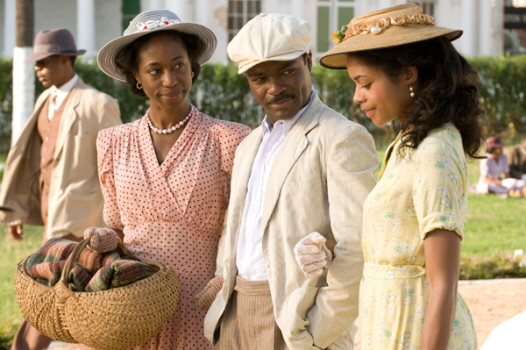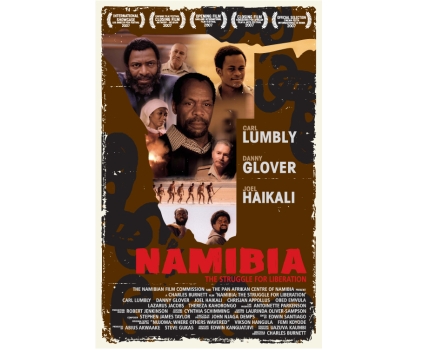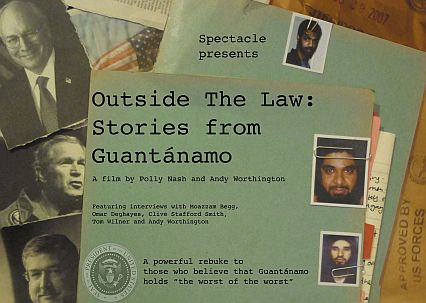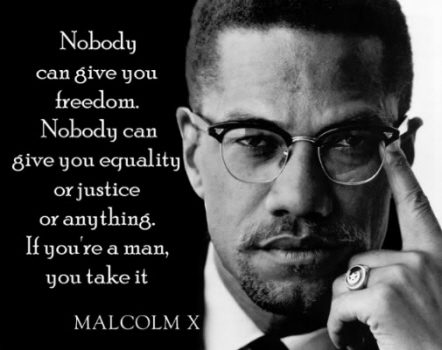Films

Small Island plus Q and A with producer
Sunday 7 February 11am -4.00pm
Cinema, Imperial War Museum
Lambeth Road SE1
Tube: Lambeth North.
Tickets from Information desk
www.iwm.org.uk
Previously Sold Out
By popular demand we re-screeen the film with an audience interview with producer Vicky Licorish. Entry is free, get your ticket from the Information desk, but we ask that you put £5.00 in the bucket for the Haiti Relief Fund. The film will be shown in two 90 minute parts with an hour break in between. The museum is still hosting the incredibly popular War to Windrush exhibition which details the African/Caribbean war effort featured in the film. Cinema doors open 10.30am. Museum opens 10.00am

Namibia: The Struggle for Liberation
Saturday 20 February 2pm-5.00pm
BFI Southbank (near Royal Festival Hall)
Belvedere Road SE1
Tube: Waterloo.
Tickets ₤5, best to book early
Phone 0207 928 3232
www.bfi.org.uk/southbank
Never before seen blockbuster movie about African indepedence filmed from an African perspective !
From the director that brought you “Killer of Sheep,” and “To Sleep with Anger.”
Namibia: The Struggle for Liberation tells the story of Sam Nujoma, the first president of Namibia, who fought for his country's Independence from South Africa. Burnett uses a visionary cinematic language to present sixty years of African history through the eyes of an extraordinary man. This daring film is the first to be produced by the government of Namibia, a remarkable economic effort and and a gamble on African cinematography.
Charles Burnett's Namibia: The Struggle for Liberation tells the rise to power of Nujoma (Carl Lumbly), a prominent leader in Namibia's struggle for independence from South Africa, and that country's first president. Opening when Nujoma was 16 years old and the country is under constant oppression from South Africa, the young man learns that he is the direct descendant of royalty. He sets off to live with an aunt, and befriends a religious man (Danny Glover) who has maintained a low profile after legal troubles stemming from a suspicious car accident. Eventually Nujoma, in the face of severe racism, forms the SWAPO political movement that, with the assistance of some foreign governments, eventually earns Namibia its independence.

Outside the Law: Stories from Guantanamo Bay
Saturday 27 February 2pm-5.00pm
BFI Southbank (near Royal Festival Hall)
Belvedere Road SE1
Tube: Waterloo.
Tickets ₤5, best to book early
Phone 0207 928 3232
www.bfi.org.uk/southbank
Outside the Law: Stories from Guantánamo” is a new documentary film, directed by Polly Nash and Andy Worthington, telling the story of Guantánamo (and including sections on extraordinary rendition and secret prisons) with a particular focus on how the Bush administration turned its back on domestic and international laws, how prisoners were rounded up in Afghanistan and Pakistan without adequate screening (and often for bounty payments), and why some of these men may have been in Afghanistan or Pakistan for reasons unconnected with militancy or terrorism (as missionaries or humanitarian aid workers, for example).
The film is based around interviews with former prisoners (Moazzam Begg and, in his first major interview, Omar Deghayes, who was released in December 2007), lawyers for the prisoners (Clive Stafford Smith in the UK and Tom Wilner in the US), and journalist and author Andy Worthington, and also includes appearances from Guantánamo’s former Muslim chaplain James Yee, Shakeel Begg, a London-based Imam, and the British human rights lawyer Gareth Peirce.
Focusing on the stories of three particular prisoners — Shaker Aamer (who is still held), Binyam Mohamed (who was released in February 2009) and Omar Deghayes — “Outside the Law: Stories from Guantánamo” provides a powerful rebuke to those who believe that Guantánamo holds “the worst of the worst” and that the Bush administration was justified in responding to the terrorist attacks of September 11, 2001 by holding men neither as prisoners of war, protected by the Geneva Conventions, nor as criminal suspects with habeas corpus rights, but as “illegal enemy combatants” with no rights whatsoever

The Mau Mau and the History of Kenya (Film and Talk)
Sunday 28th February 1.30pm-5.00pm
Imperial War Museum Lambeth Road SE1
Tube: Lambeth North. Adm: Free. First come, first served
Bring pen and pad and be on time www.iwm.org.uk
Much of the geographic and ethnic divisions currently seen in Kenya were established and encouraged during British colonialism. The Kenyan people have sued the British government for human rights abuses commited by their forces. Soldiers who had fought loyally for Britain during World War 2 came back to find white Britsh immigrants living on their fertile land while harassing local women.When Kenyan people fought for their independence, as they were'nt allowed to vote, the British invaders used:
- Torture
- Detention camps for up to 70,000 people
- Castration and blinding
Fatal whipping
Rape by British soldiers - Rape with bottles of hot water
The British Army also used Northern Kenya for military exercises. As a result of leaving unexploded munitions behind, hundreds of Maasai and Samburu people have been killed or maimed by unexploded bombs left laying around over the past 50 years. The British fought the case. In 2002, a settlement was reached in which the UK government agreed to pay 7 million plus legal fees.
